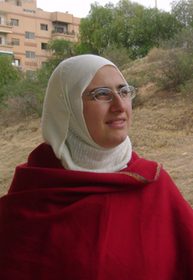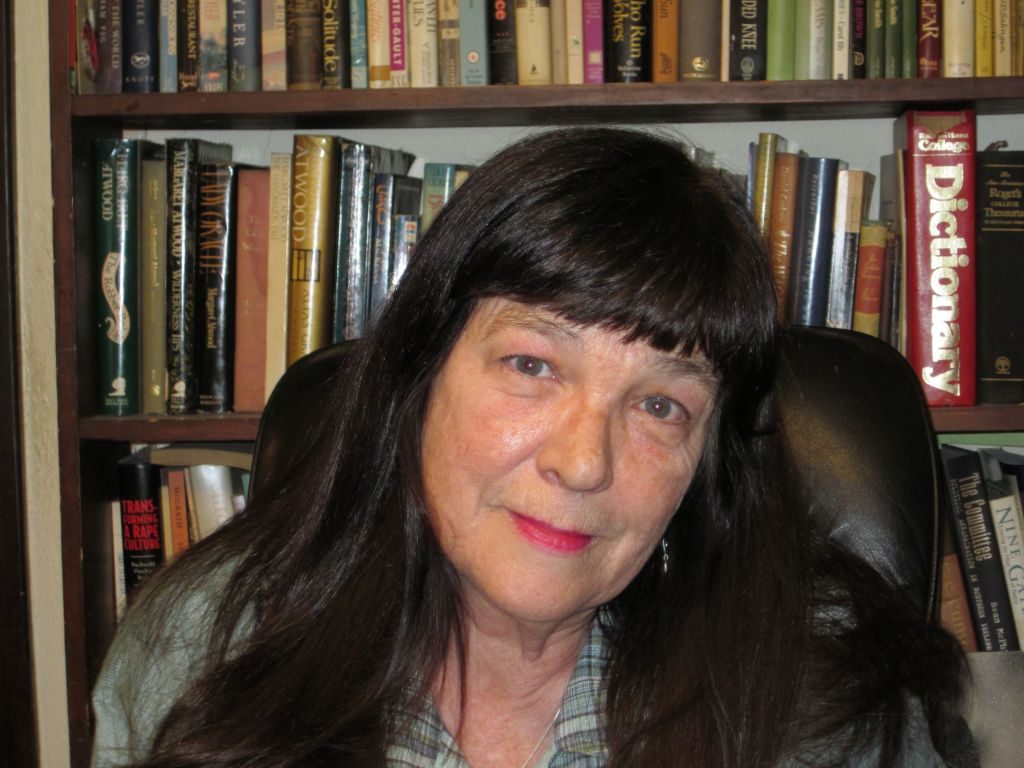 An excerpt from “A Hiker’s Guide to Damascus” by Serene Taleb-Agha (fiction, ’12) published at Ploughshares:
An excerpt from “A Hiker’s Guide to Damascus” by Serene Taleb-Agha (fiction, ’12) published at Ploughshares:
A Hiker’s Guide to Damascus
Syria is the country where I first began to hike. I had moved there from the US with my husband in the early 2000s to the approving nods of the elders of my family. Before then, I’d only gone on visits, to see relatives and learn the language. My move was supposed to be a homecoming. A graft cut from a tree only thrives in its native soil, my relatives told me. Syria is the only country where you will be unconditionally embraced. In the ambivalent years following 9/11, when I began to be noticed as something more than an oddly dressed woman whose parents came from a country no one had ever heard of, it sounded like an easy route to acceptance.
It turned out the acceptance was not so unconditional—more on that later—but it also turned out there was much more to embrace than the people. To this day, when I think of Damascus, I think of the land that cradles it: the pockmarked hills with sharp spines down their ridges like the bones of a stegosaurus, where the rains have etched away at the limestone; the dry valleys, where the road is rough, the water scarce, and you wouldn’t venture without a friend. In other words: hiking country.
I had trouble making friends the first couple of years. Then my husband read an article in an online paper about a hiking club and, knowing that I had a love for nature, forwarded it to me. That was how I found myself at a bus depot in downtown Damascus very early one weekend, prepared to take a bus ride off into the countryside with a few dozen complete strangers.
They called themselves the Nature Explorers, and unlike the independent, go-it-alone streak of the American hikers I’ve hiked with since, they considered themselves a family. Everyone paid a small fee, which went to the purchase of common meals, and before we embarked on the bus, we divided the packets of olives and cheese for breakfast, beans or pasta for lunch, into our packs. The bus was barely big enough to fit half of us, and most of the young men stood in the aisle. Leaving the city, the driver would play the mellow strains of Fairouz, the Lebanese diva. On the way home, our feet sore from ten to fifteen miles of all-day traveling, those still left with energy cranked up the dance music and clapped and shook their hips in the aisles.
[….continue reading here]











